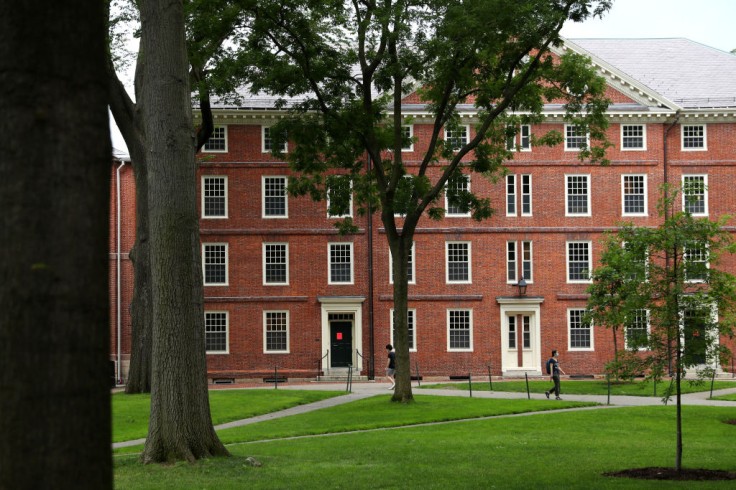Harvard Faculty Rebels: Claims of Silencing, Critique of Anti-Semitism Strategy, and the Battle for Academic Freedom
By
Over 100 Harvard faculty members are criticizing the university's approach to combating anti-Semitism, claiming that they feel "silenced" by wealthy donors. The faculty members express deep concern about the university's plans in response to the threat of campus anti-Semitism, particularly addressing a letter titled 'Combating Antisemitism,' which they found profoundly dismaying.
Harvard President Claudine Gay had recently outlined the university's strategy to address the ongoing threat of campus anti-Semitism, a move prompted by increased tensions related to the Israel-Gaza conflict. In response, the faculty members defended the use of the pro-Palestine slogan "from the river to the sea, Palestine must be free," rejecting the notion that it inherently calls for the extermination of Israel.
The faculty members argue that the university's commitment to combating anti-Semitism seems to be influenced by wealthy donors, raising concerns about academic freedom. They specifically criticize the letter on combating anti-Semitism, contending that the phrase 'from the river to the sea' has a complex history and caution against interpreting it as a call for eliminationism.
In addition to their criticism, the faculty members call for transparency and clarity in defining anti-Semitism before implementing policies affecting freedom of expression on campus. They also stress that criticism of Israel should not be automatically equated with anti-Semitism.
These concerns are part of a broader discourse on campus, where heightened tensions surrounding the Israel-Gaza conflict and external pressures from donors are influencing the university's response to issues related to anti-Semitism and free speech.
© 2025 University Herald, All rights reserved. Do not reproduce without permission.








